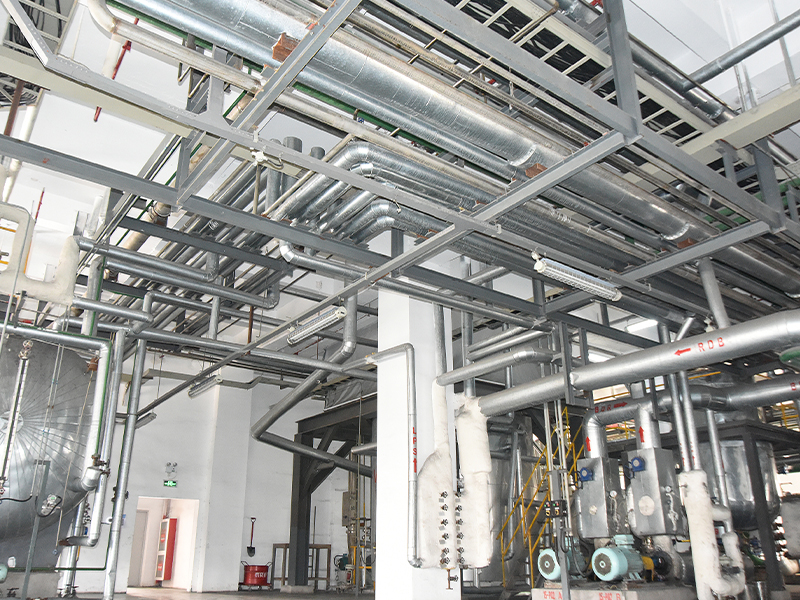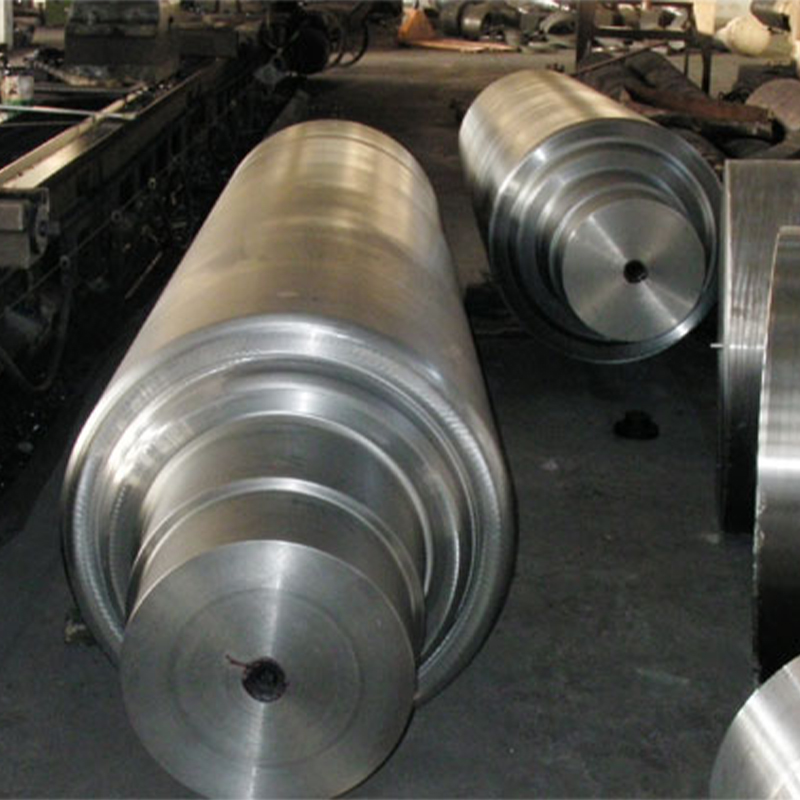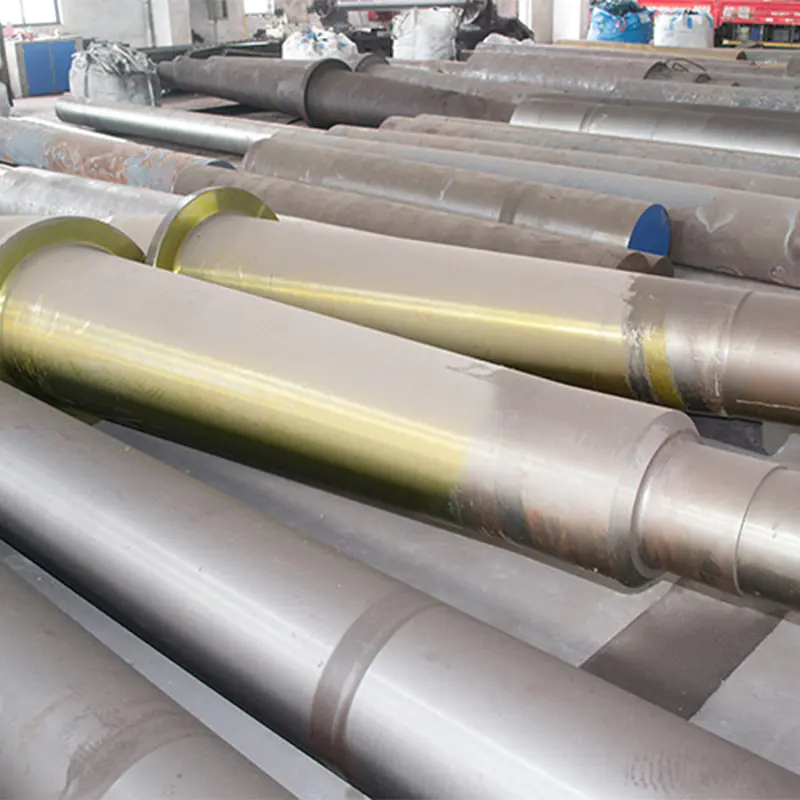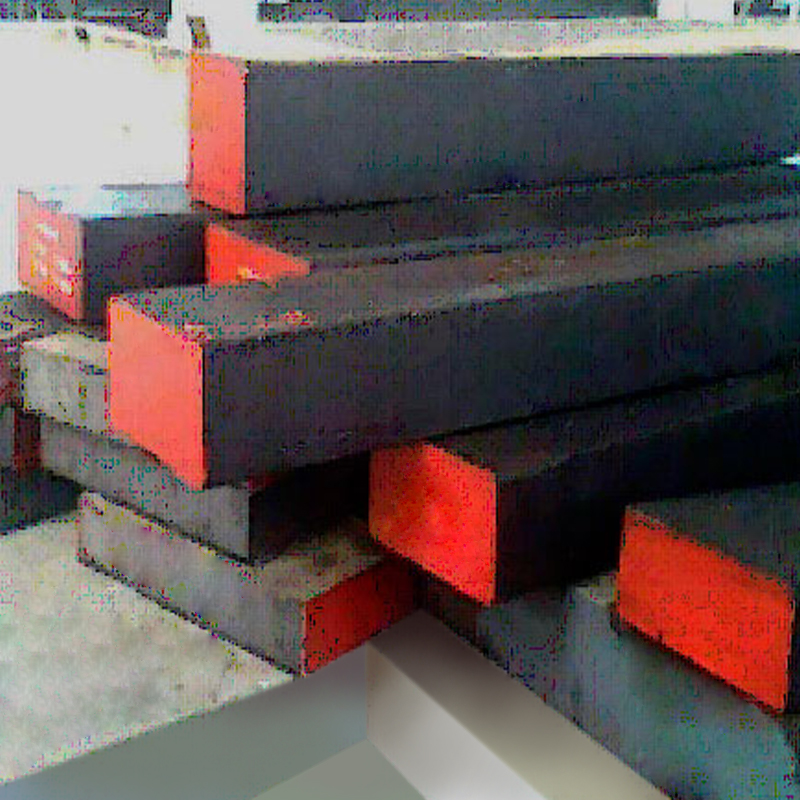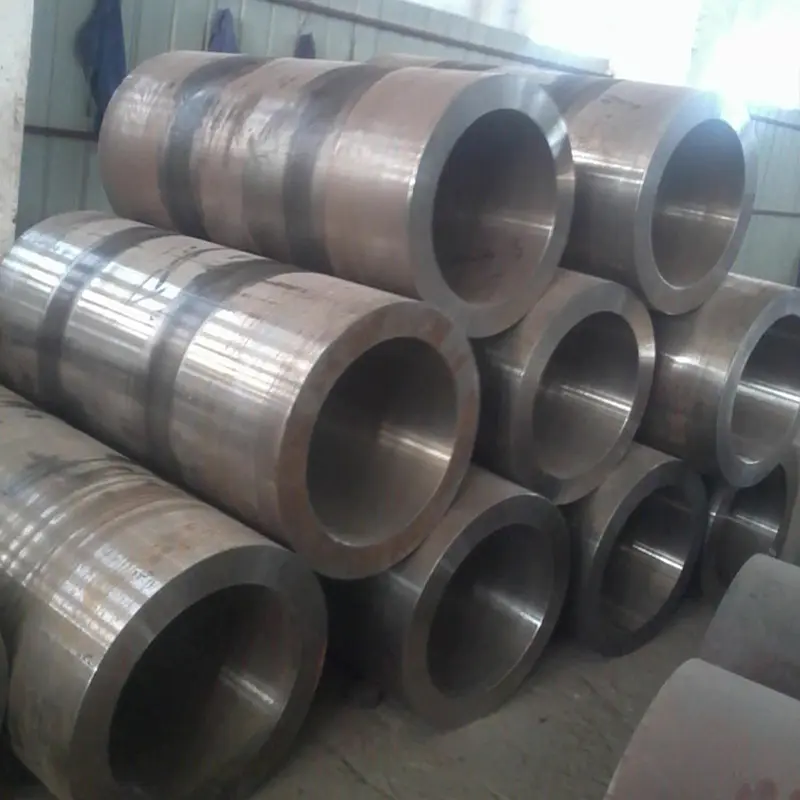
Enhanced Corrosion Resistance: Nitrided steel bars exhibit significantly improved corrosion resistance due to the formation of a hard, dense nitride layer on the surface. This layer, primarily composed of iron nitrides, serves as a protective barrier, shielding the underlying steel from corrosive agents. The enhanced resistance is particularly notable in environments where chemical exposure is a concern, such as in marine or industrial applications. The nitride layer’s low reactivity with many corrosive substances makes it a favorable choice for components that are regularly exposed to harsh chemical conditions.
Increased Oxidation Resistance: The nitriding process also improves the oxidation resistance of steel bars. Oxidation, a common form of corrosion, typically results in rust formation, which can compromise the structural integrity and appearance of steel. The nitrided layer provides a protective shield that significantly slows down the oxidation process, thereby extending the lifespan of the steel in environments where it is exposed to oxygen and moisture. This makes nitrided steel bars ideal for applications where long-term exposure to air and humidity is expected.
Superior Surface Properties: Nitriding not only hardens the surface but also refines it, resulting in a smoother, more uniform finish. This smoother surface has fewer microscopic irregularities and defects, which are often initiation sites for corrosion. The reduction in surface defects minimizes the chances of localized corrosion, such as pitting or crevice corrosion, thereby improving the overall durability of the steel in corrosive environments. This characteristic is particularly beneficial in high-precision components where surface integrity is critical.
Understanding the Limitations: While nitriding offers substantial benefits in terms of corrosion resistance, it is important to recognize its limitations. The nitriding process enhances the surface properties but does not alter the inherent corrosion resistance of the base steel. Therefore, in extremely aggressive corrosive environments, such as those involving strong acids or alkaline solutions, the nitrided layer might not provide sufficient protection on its own. In such cases, supplementary corrosion protection methods, such as coating or selecting inherently corrosion-resistant materials like stainless steel, may still be necessary.
Application-Specific Performance: The effectiveness of nitrided steel bars in resisting corrosion is highly dependent on the specific environmental conditions and the quality of the nitriding process. Factors such as the type of corrosive medium, exposure duration, and operating temperature all influence the performance of the nitrided steel. The uniformity and thickness of the nitrided layer are critical parameters that determine the level of protection provided. High-quality nitriding processes, tailored to the specific requirements of the application, can significantly enhance the corrosion resistance of steel bars, making them suitable for demanding environments where both mechanical and chemical durability are essential.
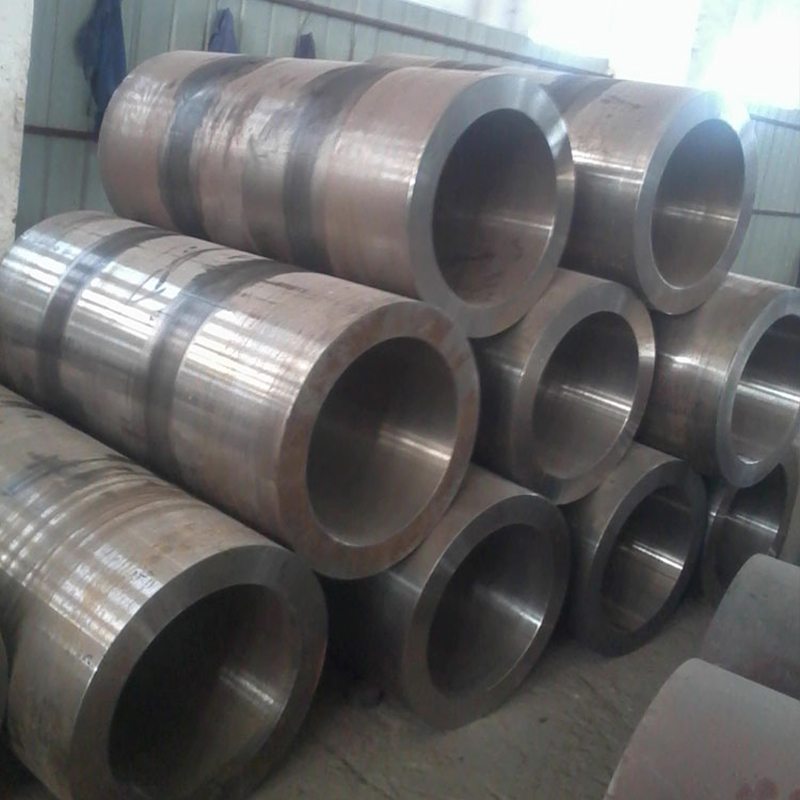



 English
English русский
русский Español
Español عربى
عربى
